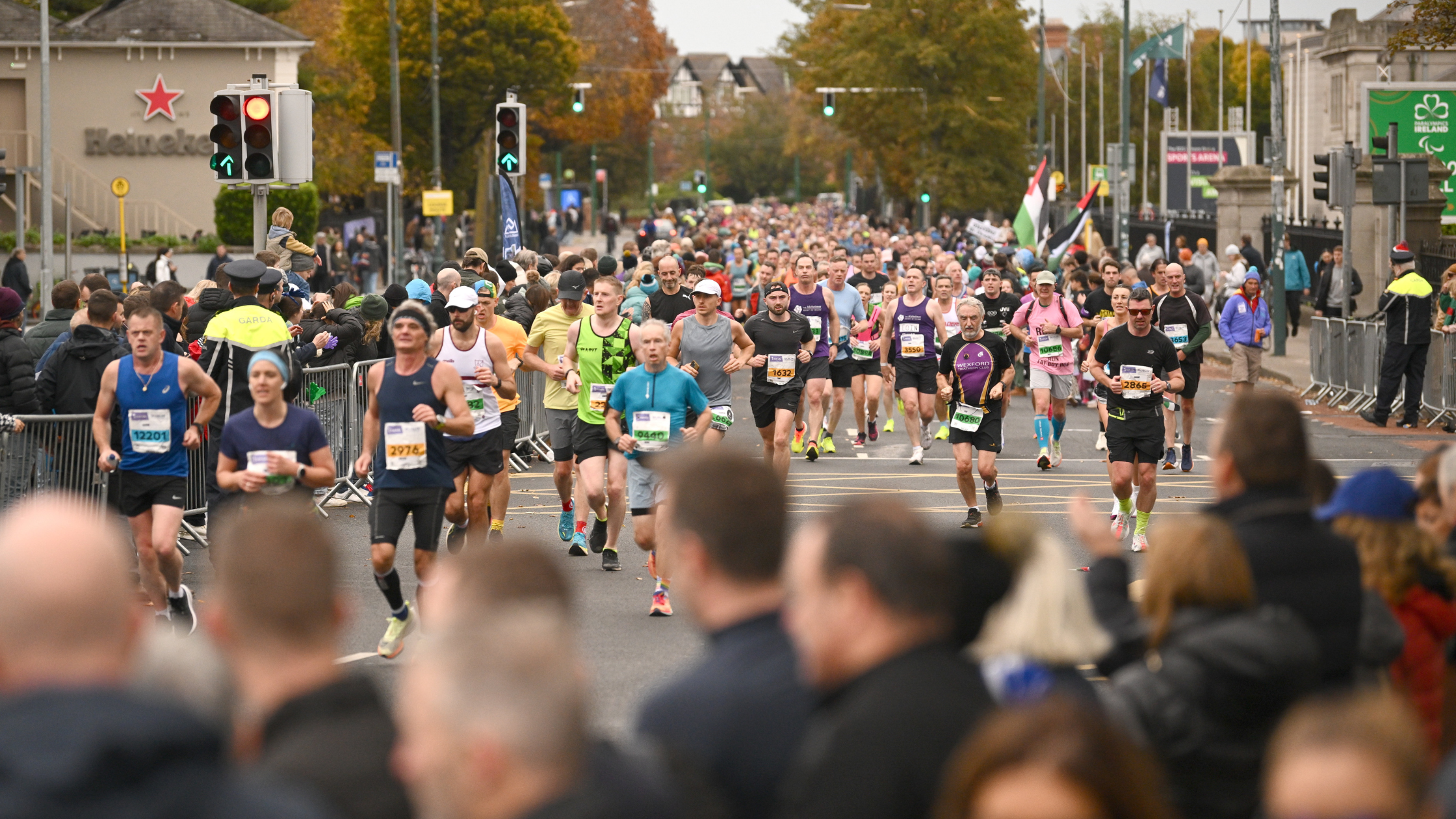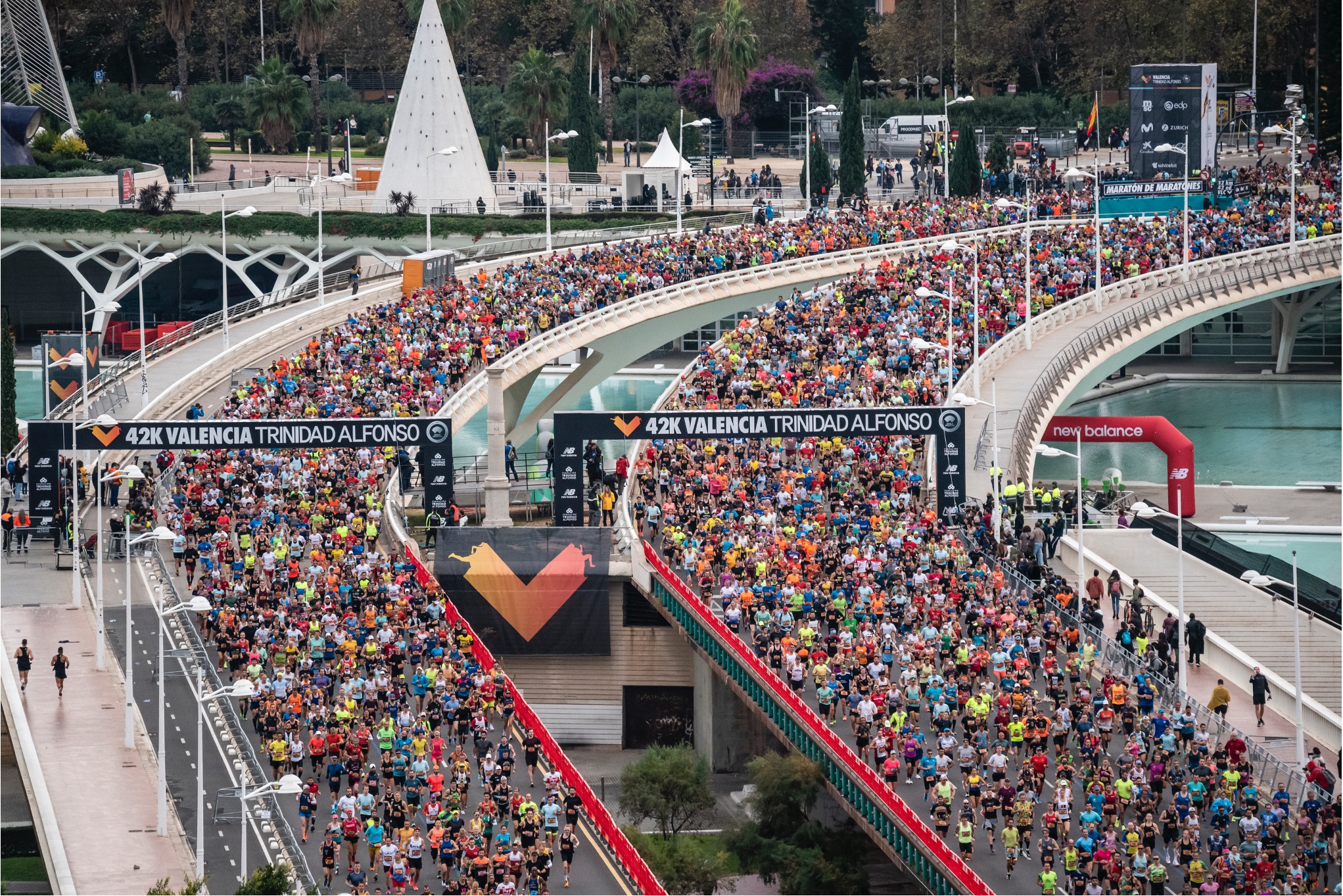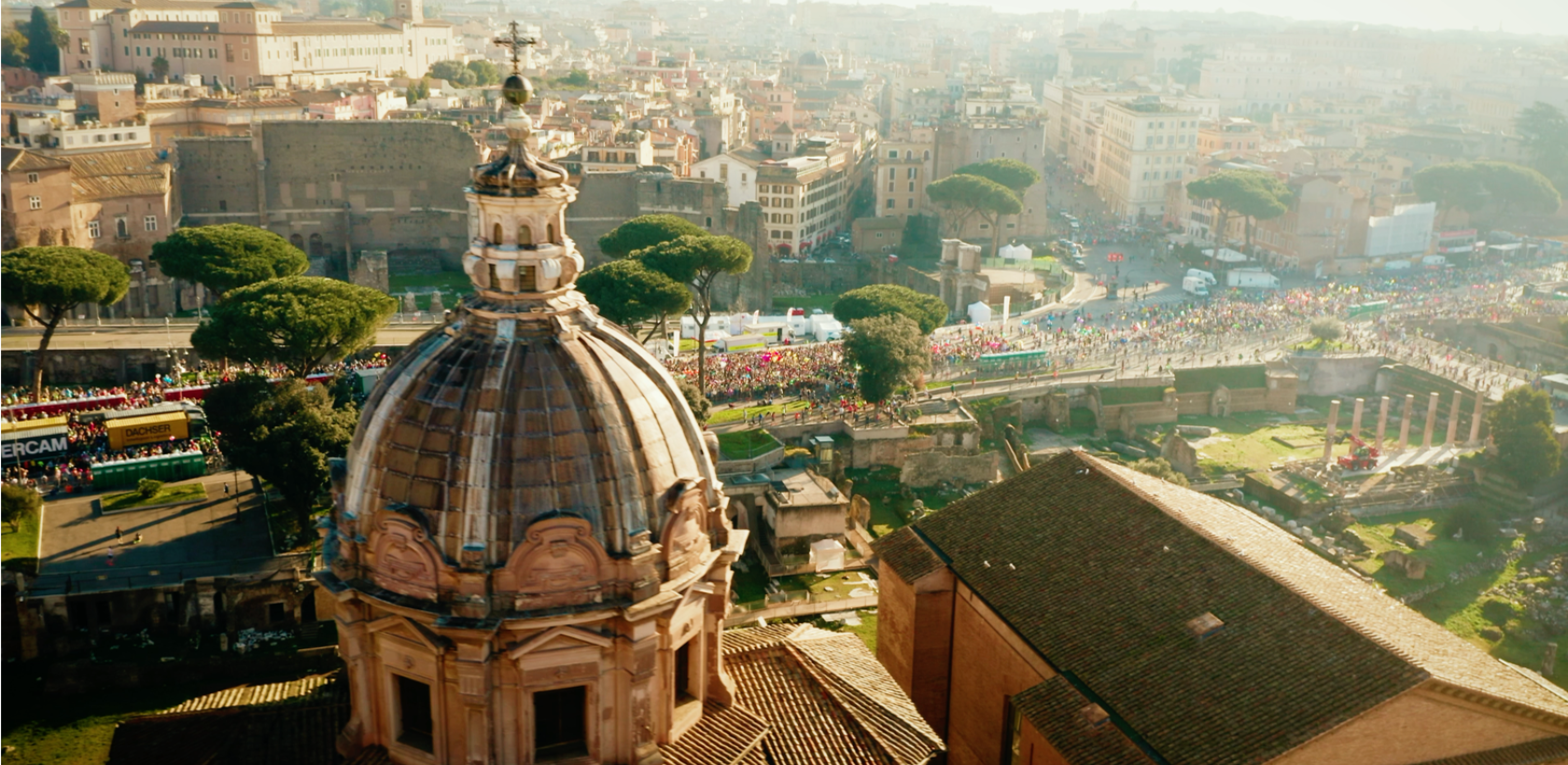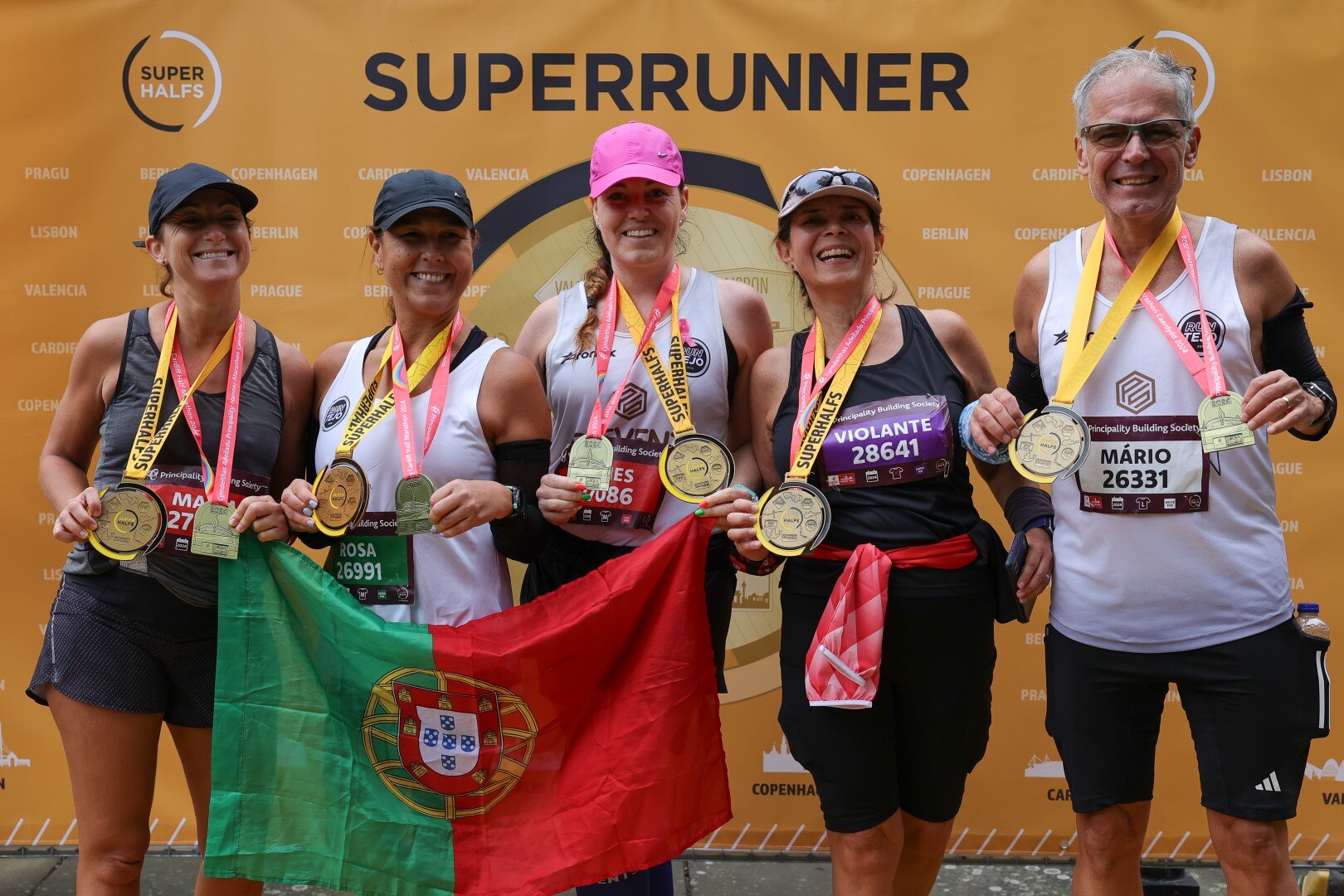As anyone who has ever run a long distance race will tell you, there are so many things that can go horribly wrong. You simply have to do the detail and that includes making sure what you eat and drink is spot on, both on race day but also the night before.
Preparation is essential
How you prepare for your big race starts back at the beginning of your training programme. But hopefully since then, you’ve been exercising properly and eating a balanced diet. This needs to continue right up until the race starts, during it and once it’s over, so that you can kick start your recovery.
In terms of the race itself, think smart in terms of what you eat the night before and indeed on the day. Who could forget the agony of watching Paula Radcliffe’s turmoil on the streets of Athens during the 2004 Olympic Marathon? The red-hot favourite sat on the side of the road with 4 miles to go, as the effects of an upset stomach worked their evil magic. It cost her a gold medal. Make sure it doesn’t cost you too.
The night before
The night before a big race, look for a meal that has a strong carbohydrate element, with lower levels of protein and fat. Meat, fish and vegetables are great, but make sure you don’t eat a dish you’ve never tried before. Avoid anything too fatty, but go for something light and tasty, like a cod fillet with potatoes and green beans, with fruit for dessert.
The night before a big race, look for a meal that has a strong carbohydrate element, with lower levels of protein and fat.
Think moderate in everything, but don’t over-indulge on the carbs, or your system will be flooded with them and won’t be able to cope. And avoid too much fibre because you don’t need your bowels to be over-active.
Race day breakfast
On the morning of the race you’re looking mainly for carbs. A lot of runners feel tense and nervous, especially if it’s their first big event, but don’t be tempted to skip breakfast . Your body and brain will need something to feed off and you can’t expect to run a long way on an empty stomach.
Again bear in mind that fat and fibre can cause problems of their own in terms of digestion and bloating and the need to make multiple comfort stops. Even if you have a cast iron stomach and deal with roughage pretty well, now is not the time to test a body that is under stress. Oatmeal is great. Porridge provides slow release energy and will replenish those glycogen stores.
Other pre-race favourites include bagel and toast. Peanut butter is a winner because of its high carbohydrate content and a banana is another favourite. You could opt for yogurt and fruit or dried fruit if you like. Fruit smoothies are also popular, especially among runners who are struggling to keep their rebellious tummies under control. If you can, wash it down with some coffee. Caffeine assists athletic performance and is great for recovery too. Just be careful. You really don’t want a healthy dose of runner’s tummy. It will ruin your race and could cost you months of planning.
Some experts suggest that anyone attempting a full or half marathon might need around 1000 calories (4184 kilojoules) before the race.
Some experts suggest that anyone attempting a full or half marathon might need around 1000 calories (4184 kilojoules) before the race, which sounds like a lot. But bear in mind you’ll be on your feet for a considerable time. If you want, you can split those calories into two smaller meals. But try to eat your biggest portion of food around 3-4 hours before the off, so it gives your stomach a chance to digest the food.
Pre-race snacks
A snack around an hour to an hour and half before the race is a great idea. An energy bar or a sports drink and a banana. It will give your body a chance to digest it and start using it when you need it.
Snacks for the race
During the race you may want to have a snack like a banana, or a sports bar. Some people take sweets with them to keep their blood sugar levels up and try to avoid a dip that might precipitate the dreaded wall.
Again sports gels also provide much needed carbohydrate on the move. And stay hydrated, by following a sensible strategy of drinking when you are thirsty, or a small cup of water every 20 minutes or so.
Eat to recover
Once the race is over it is vital that you start the recovery process straight away in terms of what you eat. Have a snack almost as soon as you finish. Again a banana or an energy bar is ideal. And then try to eat a carbohydrate rich meal within two hours. Your body will have been depleted of glycogen and you need to kick start the refuelling process.
Eat some protein to help with muscle repair, but wait until your body has cooled down before you do. A lot of runners swear by the recovery powers of chocolate milk. They prefer it to the taste of sports drinks, so you could try that in the aftermath of a long distance race as an alternative initial option.















